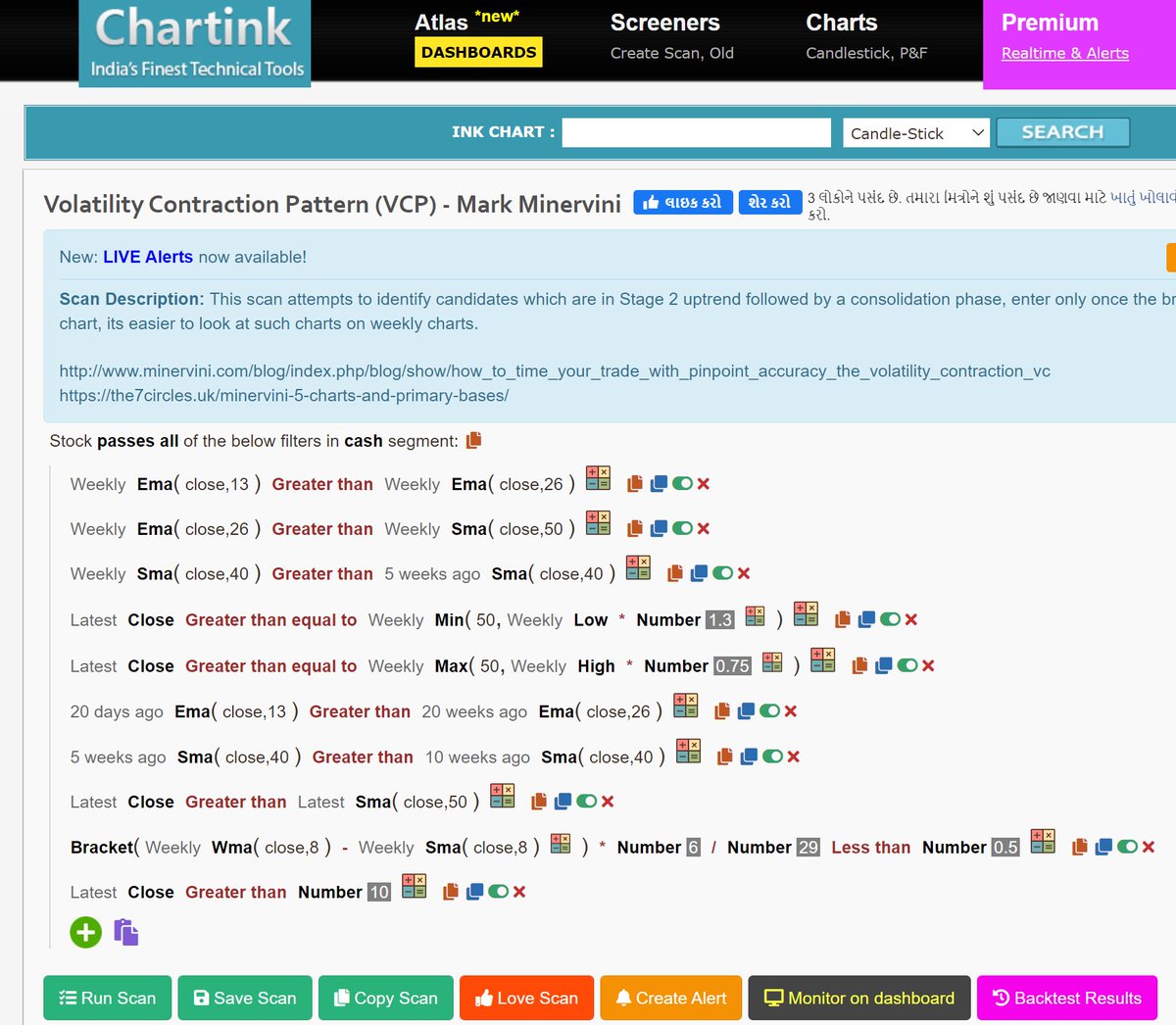Seen lots of #“buidl” comments from the #xrpcommmunity. Now, more than ever, you should support changes like Richard Holland’s Hooks for the #XRPL . Let me explain why.
More from Law
The #TexasCase has them terrified.
— Major Patriot (@MajorPatriot) December 10, 2020
They are losing it.#CNN pic.twitter.com/FtdWKIXBlB
VA curfew
#BREAKING: Virginia will implement a statewide curfew from midnight to 5 a.m. starting on Dec. 14. Here's what else is changing for Virginians.https://t.co/cH4jdCOZgt
— WUSA9 (@wusa9) December 10, 2020
Sen. Grassley - Biden family investigated, potential financial crimes WW including China
Warning
— Dan Scavino\U0001f1fa\U0001f1f8\U0001f985 (@DanScavino) December 11, 2020
March

The entire first part of the hearing related to messages sent by certain individuals from the Stonewall Trans Advisory Group seeking cooperation with trans allies at Garden Court. So far all the discussion has been about whether their names must remain redacted.
— LGB Alliance (@ALLIANCELGB) February 11, 2021
The judge has ruled that for this hearing only, the names should remain redacted.
It is a Rule 50 Order. These particular individuals are members of Stonewall’s Trans Advisory Group and their names may well be known elsewhere. What is relevant is the messages from the group to Garden Court.
The judge states she would not make the same decision at the full hearing. This is only for the preliminary hearing.
Having dealt with the anonymity issue we now move to the main submissions in the case.
No matter how this trial plays out, the US will remain divided between those who choose truth, Democracy, and rule of law and the millions who reject these things.
1/
Wouldn't he just use this to repeat his Big Lie and have GOP echo him?
— Thel Marquez (@theljava) January 31, 2021
The question is how to move forward.
My mantra is that there are no magic bullets and these people will always be with us.
Except for state legislatures, they have less power now than they have for a while.
2/
The only real and lasting solutions are political ones. Get Democrats into local offices. Get people who want democracy to survive to the polls at every election, at every level.
It’s a constant battle.
3/
Maybe I should tell you all about Thurgood Marshall’s life to illustrate how hard the task is and how there will be backlash after each step of progress.
4/
Precisely. That's why Thurgood Marshall's life came to mind.
We are still riding the backlash that started after the Supreme Court decision in Brown v. Board of Education.
That's why I keep saying there are no easy
Yep. My relatives continue to support Trump and make false equivalencies as justification. I\u2019ve found it impossible to present factual information that changes minds. Trump\u2019s emotional appeal registers with them: that things were better before civil rights advances.
— Martha Brockenbrough INTO THE BLOODRED WOODS (@mbrockenbrough) January 31, 2021






















